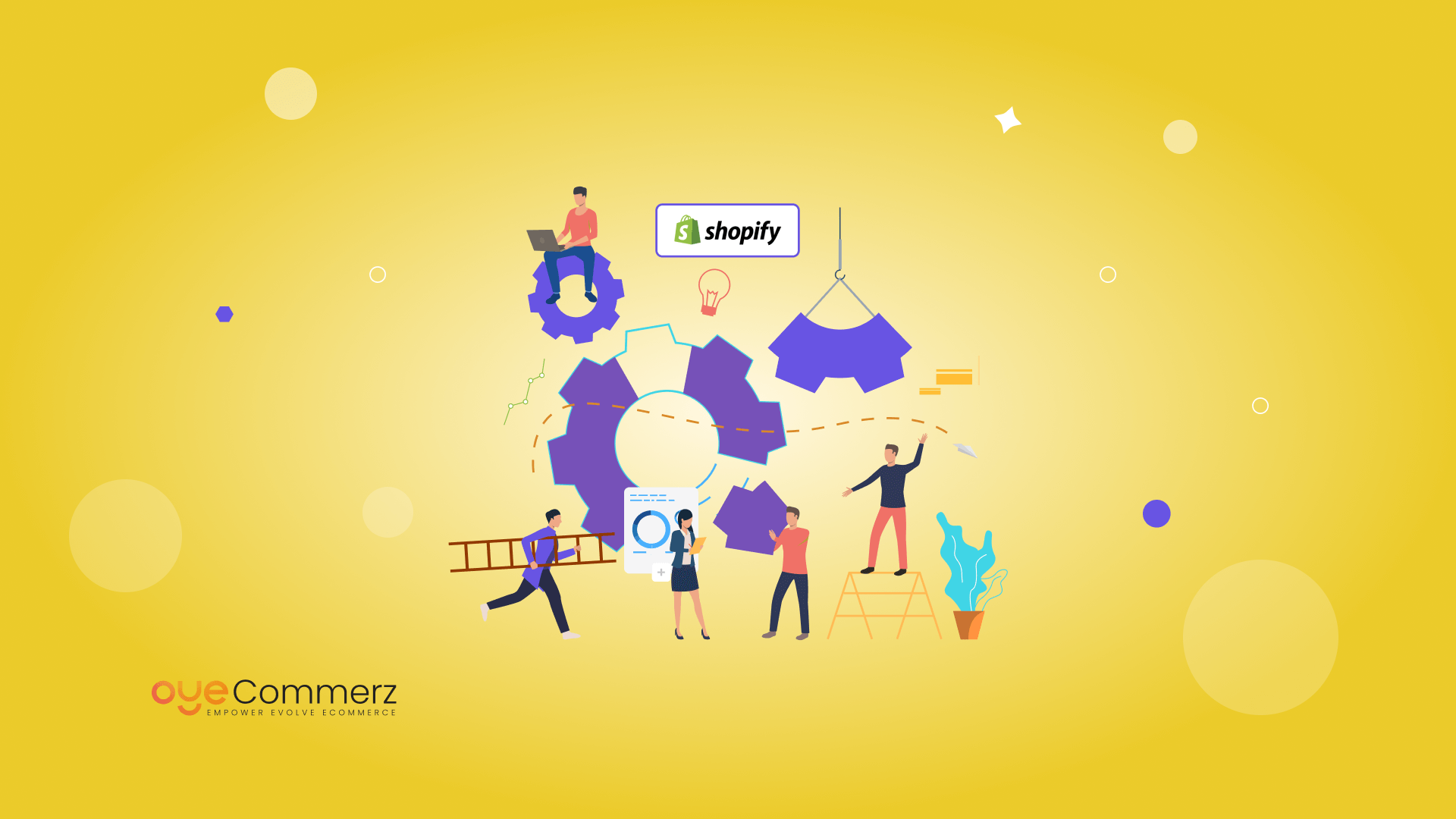Overview
In today’s competitive e-commerce environment, standing out is essential, and one of the best ways to set apart a Shopify store is through custom app creation. A well-built Shopify app can boost store functionality, simplify processes, and elevate customer interaction. This article explores essential aspects of Shopify app development, from API integration to growth techniques and digital marketing approaches, providing a roadmap for businesses looking for unmatched store performance.
Why Shopify API Integration Matters
Shopify’s API offers robust tools to personalize and extend store functionalities. With the GraphQL and REST API options, developers can access data to build applications that manage inventory control, order handling, and customer data management seamlessly. Integrating Shopify’s API can lead to better workflow automation and enables stores to serve customers more effectively.
Adopting the Polaris Design System
Polaris is Shopify's set of design guidelines for designing user-friendly and easy-to-use Shopify apps. By adhering to Polaris guidelines, developers guarantee that apps seamlessly integrate within the Shopify Admin experience. This ensures a cohesive look and feel that resonates with Shopify merchants, encouraging usability and familiarity for merchants utilizing your tailored app.
Understanding the Shopify App Ecosystem
The Shopify app ecosystem provides numerous opportunities for enhancing online stores. From handling order fulfillment to increasing customer engagement, apps in this ecosystem are designed to meet various business needs. Familiarizing with this system assists developers in finding unique app opportunities and allows for smooth connections of external tools that add value to the store.
Building Embedded Shopify Apps
Embedded apps work seamlessly within the Shopify Admin, providing a smooth interface for merchants. They ensure that merchants do not need to navigate away from their Shopify control panel, simplifying their process. Employing Shopify App Bridge and embedded app capabilities is recommended for offering a unified, integrated user experience.
Using Node.js and React for Shopify Apps
Node.js and React have emerged as ideal tools for Shopify app development. This server-side framework enables efficient back-end services, while React enables dynamic, responsive front-end design. Together, they provide an excellent platform for creating speedy, scalable Shopify apps that improve store functionality and customer engagement.
Utilizing Webhooks in Shopify Development
Webhooks allow real-time data updates between Shopify and an external app. They initiate events such as order creation or stock changes and send instant notifications to your app. By utilizing webhooks, apps can deliver real-time information to store owners, simplifying processes and increasing efficiency.
Customer Engagement and Digital Marketing for Shopify Apps
To ensure Shopify app success, connecting with users is key. Using online marketing techniques like SEO, email marketing, and social media campaigns can drive app adoption. Additionally, creating applications with customer interaction as a focus (e.g., loyalty programs or personalized suggestions) increases user loyalty and satisfaction.
Making Your Shopify App Scalable
As e-commerce stores expand, so do Polaris design system their technological needs. Ensuring that your app can scale to handle increased traffic, larger databases, and more advanced functionalities is critical. By improving server capacity and using scalable technologies, you can develop apps that grow in tandem with a store’s growth.
Essential Features and Maintenance for Shopify Apps
For an app to be effective, it should offer key capabilities like user login, analytics dashboard, and support channels. Regular app maintenance, with updates to fix bugs and ensuring compatibility with new Shopify functionalities, is vital to ensure continuous operation and avoid interruptions to business processes.
Conclusion
Custom Shopify app development holds vast potential for e-commerce stores, providing the chance to enhance performance, streamline processes, and build customer relationships. With API integrations and Node.js to ensuring scalability and customer engagement, building a Shopify app requires careful planning and strategic execution. If you’re prepared to elevate your e-commerce experience, a tailored Shopify application may be the ideal choice. What features do you envision for your dream Building embedded Shopify apps application? Share your thoughts and take the first step toward an optimized e-commerce journey!
